Overview of the Climate Change Act
Introduced: July 23, 2024
Effective from: March 17, 2025 (Presidential proclamation)
Last modified: N/A
Region(s): South Africa
About the Climate Change Act
The Climate Change Act 22 of 2024 creates a legally binding, national framework for meeting South Africa’s emissions trajectory targets.
Under the law, the Minister of Forestry, Fisheries and the Environment can issue Sector Emission Targets (SETs) and company-specific carbon budgets, enforceable through strict monitoring, reporting, and verification (MRV) requirements.
Regulated entities must submit annual GHG inventories, develop and execute mitigation plans, and report progress in a digital format—backed by mandatory third-party assurance.
Noncompliance carries steep penalties, including administrative fines and criminal prosecution for repeat or intentional breaches.
Criteria for compliance
Enterprises issued a carbon budget—primarily large emitters in sectors such as:
- Energy
- Mining
- Heavy industry & manufacturing
- Transport
- Agriculture
Entities are selected based on GHG emissions thresholds, which will be set by future regulations.
Companies not allocated a carbon budget must still comply with South Africa’s National GHG Reporting Regulations if they meet sectoral thresholds.
Compliance timelines
2025
First round of five-year carbon budgets allocated; entities must submit mitigation plans within 12 months.
2026 onward
- Annual GHG inventory submission (Scopes 1–2).
- Annual progress reporting to the Environment Minister.
- Carbon budgets reviewed every 5 years through at least 2040.
Disclosure requirements
Entities with carbon budgets must:
- Submit an annual, board-approved GHG inventory, covering Scopes 1 and 2 emissions.
- Develop a Mitigation Plan aligned to the allocated carbon budget.
- File an annual progress report using the national electronic reporting platform.
All reporting must be independently verified and conform to ISO 14064 or equivalent standards.
Entities not under carbon budget orders must continue reporting GHG emissions under the existing GHG Reporting Regulations.
Third-party assurance
Mandatory for all carbon-budgeted entities. Requires independent verification of GHG inventories by accredited bodies (ISO 14064 or equivalent).
Penalties for non-compliance
Criminal offences
Fines up to R 5 million or imprisonment up to 10 years for deliberate breaches.
Administrative penalties
Per-ton fines for emissions exceeding the allocated carbon budget.
Operational consequences
Potential suspension of environmental authorizations or licences.






